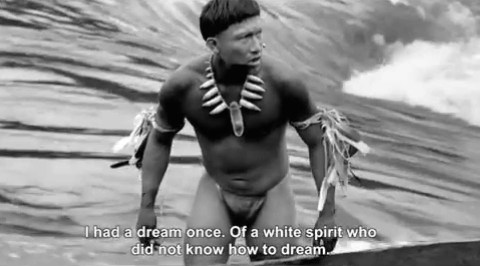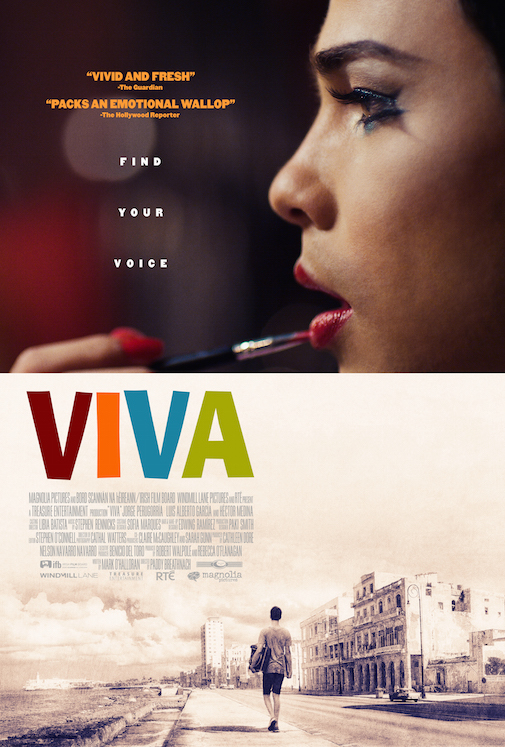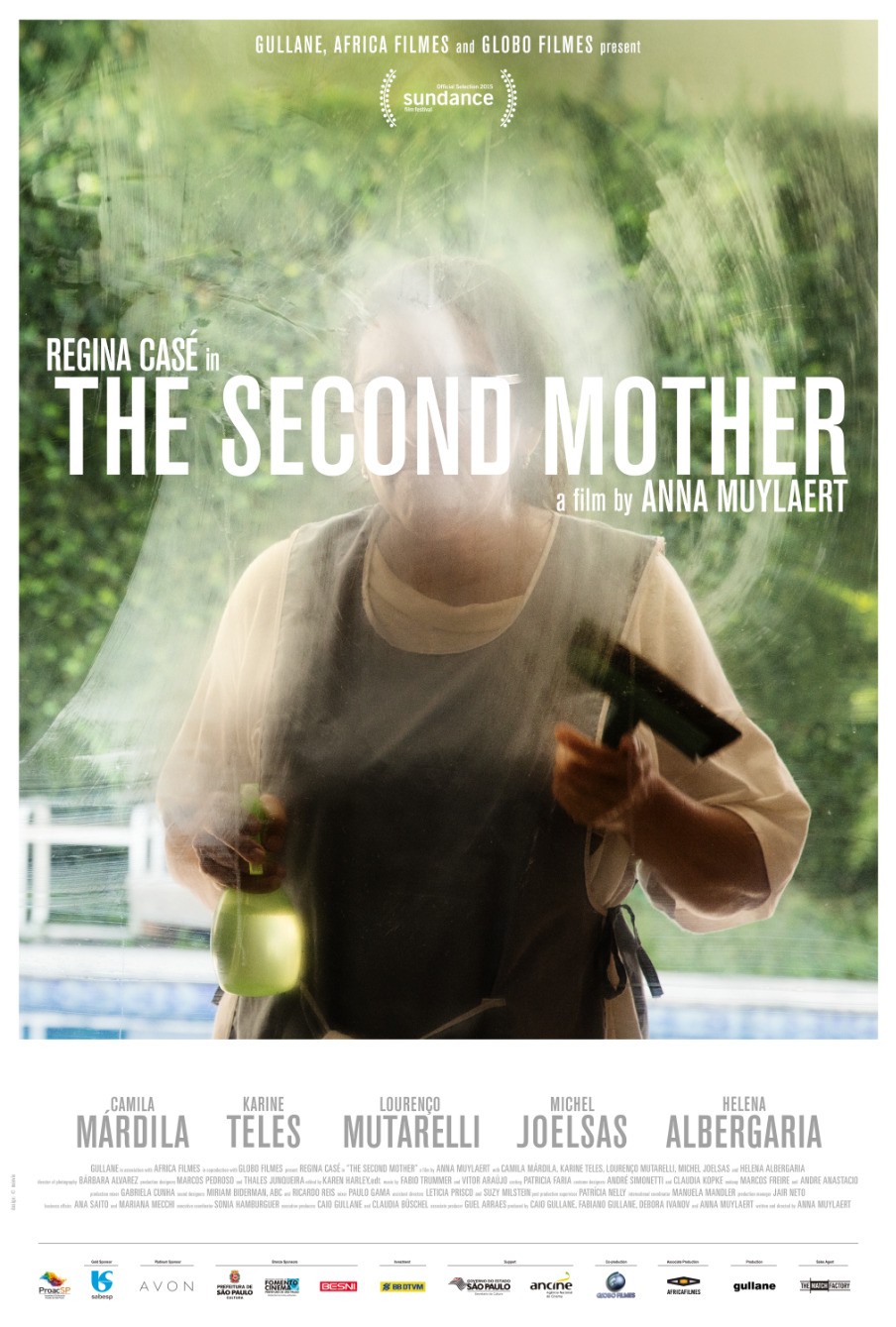 If the Academy is on the same time table they were last year with the Foreign Language Film volunteer committee we should know the 9 finalists from the 80-wide foreign submission list before the weekend. But before we get there, let's look back on where we've been. It's the most coverage we've ever done for one of our favorite categories so we hope you've been reading along and trying to see what you could (these films are often elusive, we know).
If the Academy is on the same time table they were last year with the Foreign Language Film volunteer committee we should know the 9 finalists from the 80-wide foreign submission list before the weekend. But before we get there, let's look back on where we've been. It's the most coverage we've ever done for one of our favorite categories so we hope you've been reading along and trying to see what you could (these films are often elusive, we know).
Much thanks to Jose who has been invaluable in seeking out interviews. Catch up on the coverage like so...
"everything u ever wanted to know about the foreign film category *...but were afraid to ask" Pt 1 81 Trailers | Pt 2 Female Directors & Debuts | Pt 3 Zoology | Pt 4 I know that face! | Pt 5 More Trivia!
THE NOMINEES
 embrace of the serpent
embrace of the serpent
Colombia, Embrace of the Serpent REVIEW & INTERVIEW
Denmark, A War PILOU ASBAEK & INTERVIEW
France, Mustang REVIEW & INTERVIEW
Hungary, Son of Saul REVIEW & INTERVIEW
Jordan, Theeb INTERVIEW
 goodnight mommy
goodnight mommy
THE OTHER SUBMISSIONS
Afghanistan, Utopia DISQUALIFIED | Albania, Bota | Algeria, Twilight of Shadows
Argentina, The Clan REVIEWED | Australia, Arrows of the Thunder Dragon
Austria, Goodnight Mommy INTERVIEW | Bangladesh, Jalal’s Story
Belgium, The Brand New Testament | Bosnia and Herzegovina, Our Everyday Story
Brazil, The Second Mother INTERVIEW | Bulgaria, The Judgment
Cambodia, The Last Reel | Canada, Félix and Meira INTERVIEW
Chile, The Club REVIEW | China, Go Away Mr. Tumor
Costa Rica, Imprisoned | Croatia High Sun | Czech Republic Home Care
Dominican Republic, Sand Dollars REVIEW & INTERVIEW | Estonia, 1944
Ethiopia, Lamb | Finland, The Fencer | Georgia, Moira
Germany, Labyrinth of Lies REVIEW & INTERVIEW
Greece, Xenia | Guatemala, Ixcanul REVIEW | Hong Kong, To the Fore
Iceland, Rams INTERVIEW | India, Court | Iran, Muhammad: The Messenger of God
Iraq, Memories on Stone | Ireland, Viva
Israel, Baba Joon REVIEW | Italy, Don't Be Bad INTERVIEW
Ivory Coast, Run | Japan, 100 Yen Love | Kazakhstan, Stranger
Kosovo, Babai | Kyrgyzstan, Heavenly Nomadic | Latvia, Modris | Lebanon, Void
Lithuania, Summer of Sangaile | Luxembourg, Baby (A)lone | Macedonia, Honey Night
Malaysia, Men Who Save the World | Mexico, 600 Miles INTERVIEW
Montenegro, You Carry Me | Morocco, Aida | Nepal, Talakjung vs Tulke
Netherlands, The Paradise Suite | Norway, The Wave REVIEW & INTERVIEW
Pakistan, Moor | Palestine, The Wanted 18 | Paraguay, Cloudy Times | Peru, NN
Philippines, Heneral Luna INTERVIEW | Poland, 11 Minutes
Portugal, Arabian Nights - Vol 2 REVIEW |Romania, Aferim! | Russia, Sunstroke
Serbia, Enclave | Singapore, 7 Letters | Slovakia, Goat INTERVIEW
Slovenia, The Tree | South Africa, The Two of Us | South Korea, The Throne
Spain, Flowers INTERVIEW | Sweden, A Pigeon Sat on a Branch... REVIEW
Switzerland, Iraqi Odyssey | Taiwan, The Assassin REVIEW & GOLDEN HORSE
Thailand, How to Win at Checkers (Every Time) | Turkey, Sivas
United Kingdom, Under Milk Wood | Uruguay, A Moonless Night INTERVIEW
Venezuela, Gone With the River | Vietnam, Jackpot
 the assassin
the assassin
FOREIGN CHARTS (FOR EVEN MORE INFORMATION)
 Thursday, December 31, 2015 at 5:05PM
Thursday, December 31, 2015 at 5:05PM 












